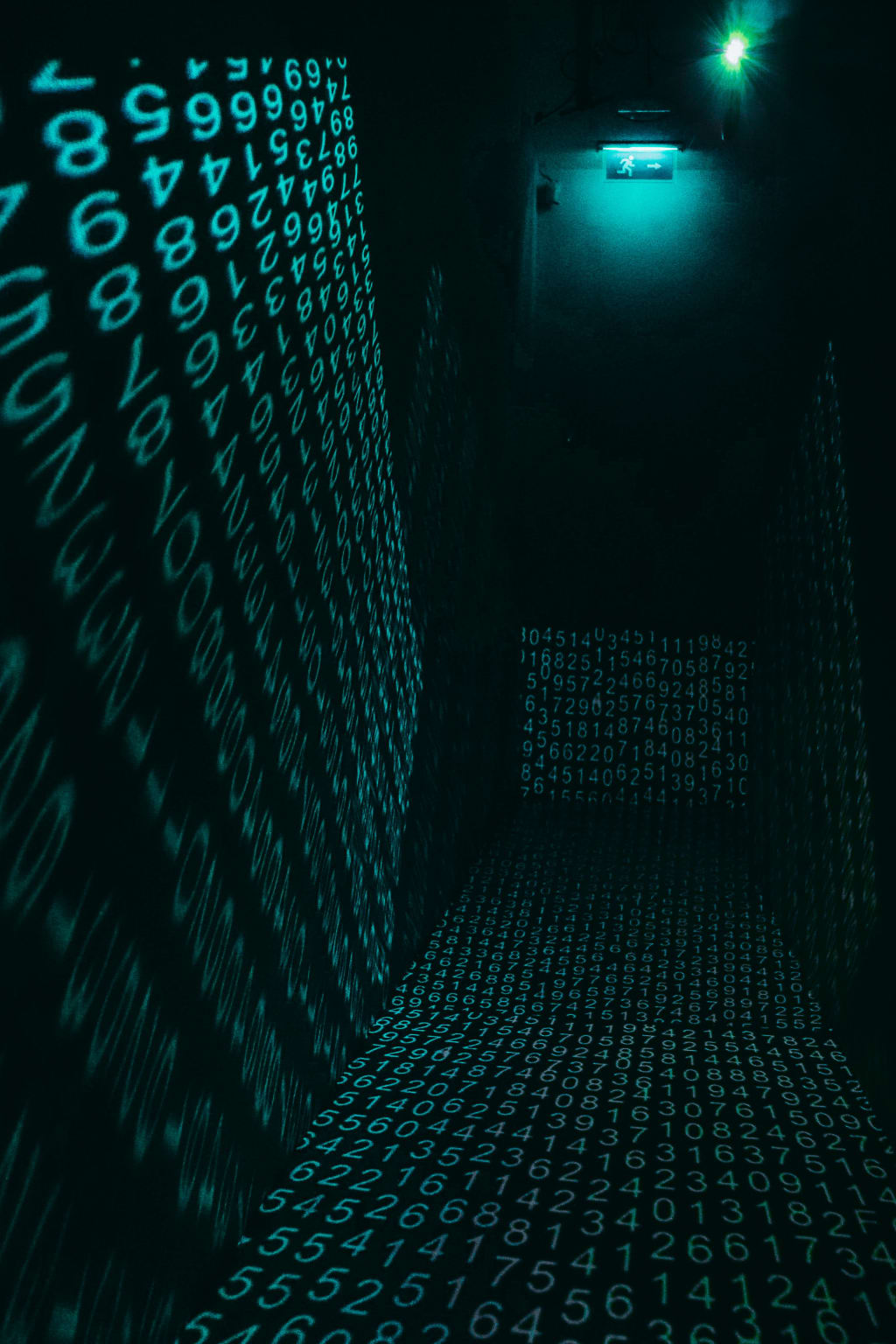Content warning
This story may contain sensitive material or discuss topics that some readers may find distressing. Reader discretion is advised. The views and opinions expressed in this story are those of the author and do not necessarily reflect the official policy or position of Vocal.
Exploring the Depths of Online Secrecy
Delving into the Depths: Revealing the Dark Web

The internet is a vast and complex network of information, with many layers that are not immediately visible to the average user. Most people are familiar with the Surface Web, which is the layer of the internet that can be accessed through search engines like Google and Bing. However, beneath the Surface Web lies the Deep Web, which is made up of websites that are not indexed by search engines and require a password to access.
But if you keep going down, you will eventually reach the Dark Web, which is a term used to describe parts of the internet that are intentionally hidden and inaccessible to most users. The Dark Web is a place where users can communicate anonymously and buy or sell anything without fear of being traced or identified. It has been called the "wild west" of the internet because it is largely unregulated and attracts extremists, criminals, and trolls.
The Dark Web's infrastructure was created in the 1970s, around the same time as the internet itself. However, to access it, users needed darknet software. One of the most popular darknet software programs is Tor, which was created by the U.S. Naval Research Lab in the early 2000s. Tor was originally designed to provide the U.S. Navy's intelligence officers with a way to maneuver through the internet without being recognized or traced.
To understand what the Dark Web is like, one must explore it firsthand. The Tor browser looks and behaves like a normal web browser, but it bounces requests to enter sites through several computers around the world, encrypting and decrypting identification as it goes so that no one knows where the request has come from. This allows users to browse the internet anonymously and access sites that are not available through normal web browsers.
One of the most infamous sites on the Dark Web was the Silk Road, which was one of the first online black markets where users could buy drugs, guns, and child pornography. The founder of the Silk Road, Ross Ulbricht, was arrested in 2013 and sentenced to life in prison for money laundering, drug trafficking, hacking, and fraud. Since then, several similar sites have emerged, such as Dream, Agora, and Alphabay.

However, the Dark Web is not just a marketplace for illegal purchases. It is also used by radical extremists to communicate and spread propaganda. But not all activity on the Dark Web is illegal. Tor, for instance, receives 60% of its backing from the U.S. State Department and the Department of Defense to act as a secure network for both government agencies and political dissidents fighting oppressive regimes. Over the past decade, the Dark Web has empowered activists to spread news during the Arab Spring and encourage whistleblowers to release information. It has also helped domestic-violence victims hide from online stalkers and allowed ordinary citizens to surf the web without being tracked by advertisers or even the government.
The Dark Web presents a dilemma for authorities. If they try to shut down the criminal activity that takes place on the Dark Web, they may also be adversely affecting all the people who use it for social benefit. The question remains whether internet freedom and privacy, for legitimate and sometimes life-saving reasons, are worth protecting while this vast criminal underworld operates alongside it, inside the Dark Web.
In conclusion, the Dark Web is a complex and often misunderstood part of the internet. While it is true that it is home to criminal activity, it is also a tool for activists, whistleblowers, and victims of domestic violence. The challenge for authorities is to find a way to regulate the Dark Web without infringing on the rights of those who use it for legitimate purposes.
About the Creator
Enjoyed the story? Support the Creator.
Subscribe for free to receive all their stories in your feed. You could also pledge your support or give them a one-off tip, letting them know you appreciate their work.






Comments
There are no comments for this story
Be the first to respond and start the conversation.